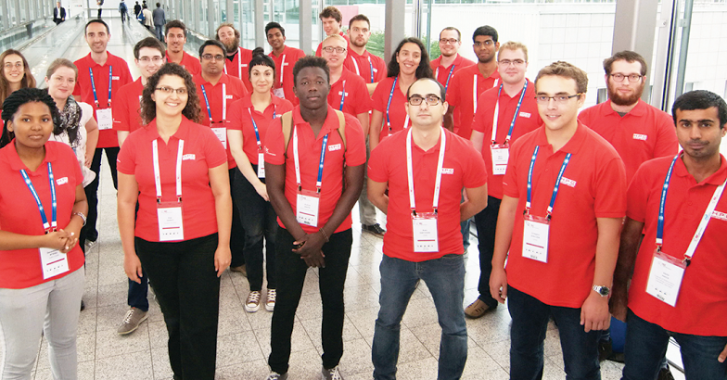STEM-Trek Nonprofit was recognized in the annual HPCwire Readers’ and Editors’ Choice Awards, presented at the 2016 International Conference for High Performance Computing, Networking, Storage and Analysis (SC16), in Salt Lake City, Utah. The list of winners were revealed at the HPCwire booth at the event, and on the HPCwire website, located at www.HPCwire.com. STEM-Trek was recognized with the following honor: Editors’ Choice: Workforce Diversity Leadership Award.
The coveted annual HPCwire Readers’ and Editors’ Choice Awards are determined through a nomination and voting process with the global HPCwire community, as well as selections from the HPCwire editors. The awards are an annual feature of the publication and constitute prestigious recognition from the HPC community. These awards are revealed each year to kick off the annual supercomputing conference, which showcases high performance computing, networking, storage, and data analysis.
“From thought leaders to end users, the HPCwire readership reaches and engages …


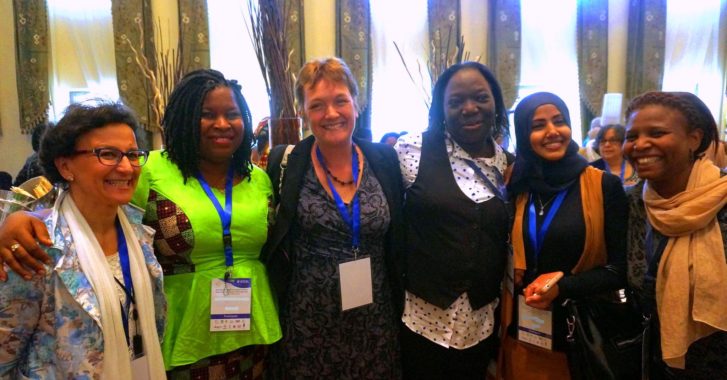

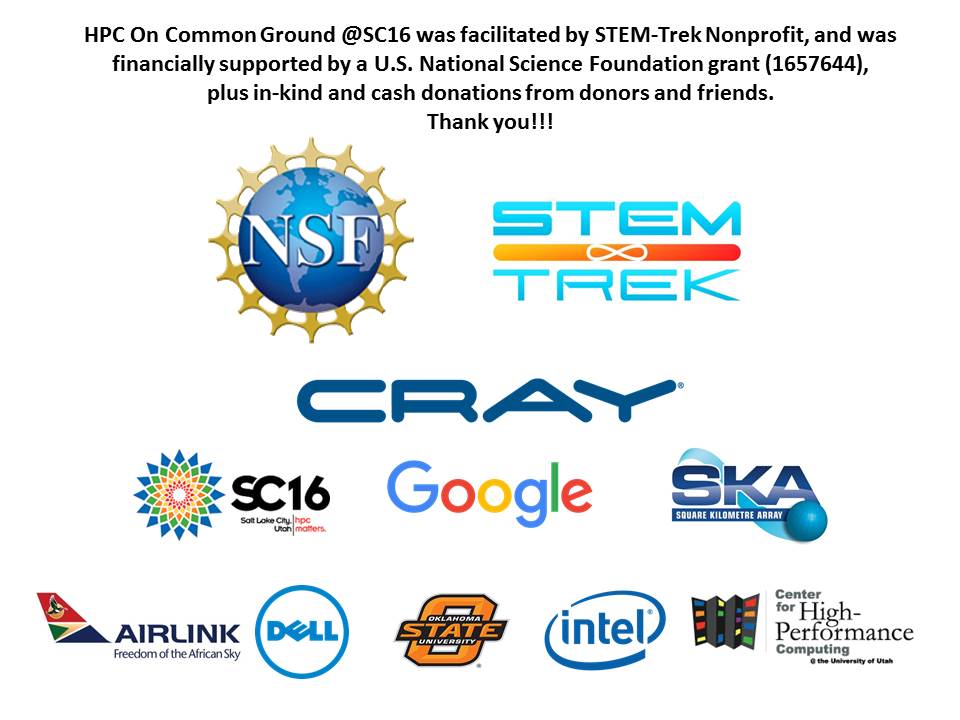
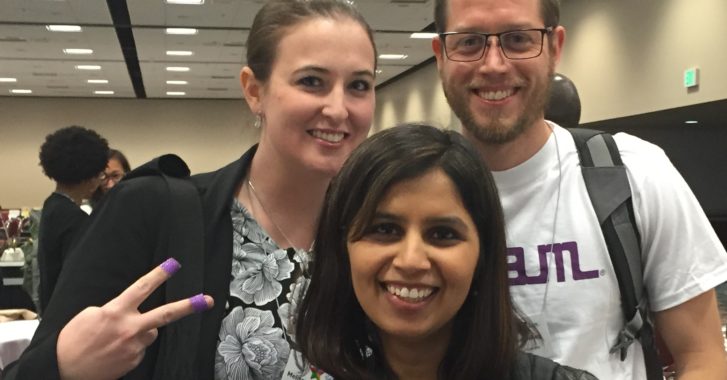
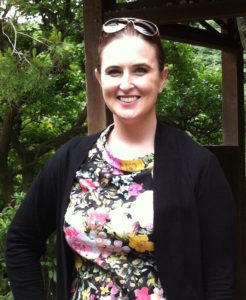


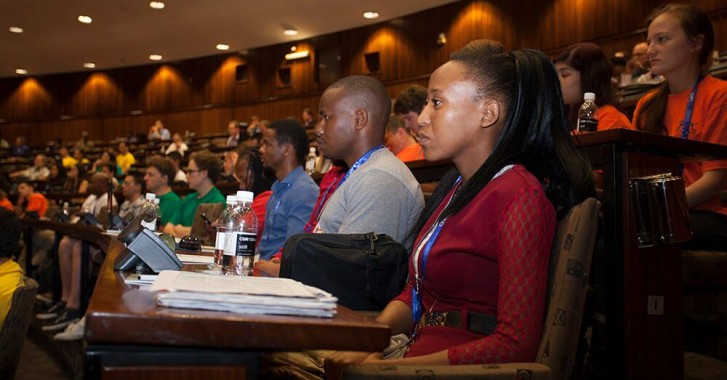

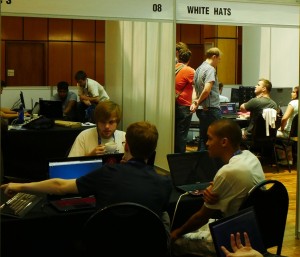 One hundred students attended the South African Center for High Performance Computing’s (SA-
One hundred students attended the South African Center for High Performance Computing’s (SA-